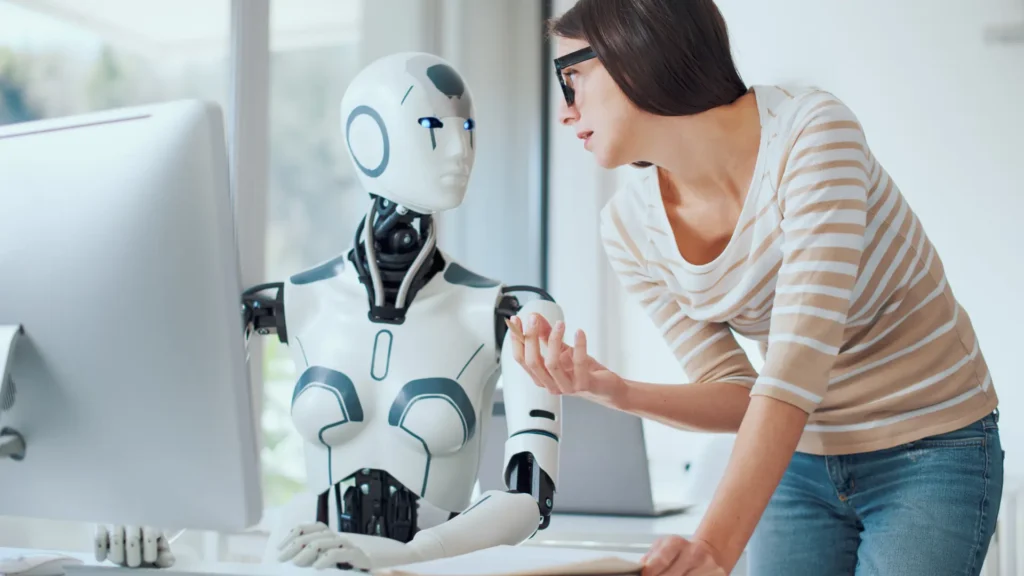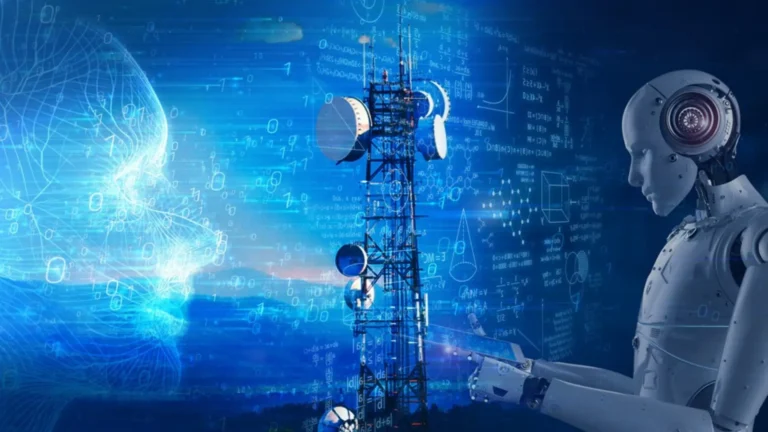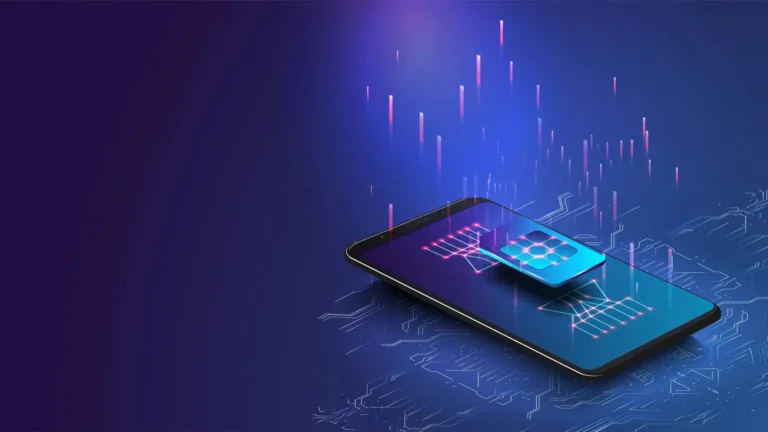
Future of AI-Powered Personal Assistants
AI-powered personal assistants have already become an integral part of our daily lives, from setting reminders and playing music to answering complex questions. But the future holds even greater potential, promising a paradigm shift in how we interact with technology and manage our lives. As AI continues to evolve, these assistants are poised to become more intelligent, proactive, and seamlessly integrated into our environments.
The Evolution of Personal Assistants
From simple voice commands to sophisticated natural language processing, AI personal assistants have come a long way. However, they are still in their early stages of development. The future will witness significant advancements in:
- Contextual Understanding: Assistants will gain a deeper understanding of context, including our location, schedule, and past interactions, enabling them to provide more relevant and personalized assistance.
- Emotional Intelligence: AI will be able to detect and respond to human emotions, creating more empathetic and engaging interactions.
- Proactive Assistance: Assistants will anticipate our needs and proactively offer assistance, rather than simply responding to commands.
- Multimodal Interaction: Assistants will utilize multiple modalities, such as voice, touch, and gesture, to interact with us more naturally and intuitively.
- Seamless Integration: Assistants will be seamlessly integrated into our devices, homes, and workplaces, creating a unified and personalized experience.
Key Advancements Shaping the Future
- Advanced Natural Language Processing (NLP): NLP will enable assistants to understand and generate human language with greater accuracy and fluency, facilitating more natural and conversational interactions.
- Machine Learning and Deep Learning: Machine learning algorithms will enable assistants to learn from our behavior and preferences, becoming more personalized and effective over time.
- Computer Vision: Computer vision will enable assistants to perceive and interpret visual information, allowing them to interact with the physical world and provide context-aware assistance.
- Edge Computing: Edge computing will enable assistants to process data locally, reducing latency and improving responsiveness.
- Internet of Things (IoT): The proliferation of IoT devices will create a connected ecosystem, allowing assistants to control and automate various aspects of our lives.
Potential Applications and Impacts
- Enhanced Productivity: Assistants will automate routine tasks, manage schedules, and provide real-time information, freeing up our time for more important activities.
- Personalized Healthcare: Assistants will monitor our health, provide personalized health advice, and connect us with healthcare providers.
- Smart Homes and Workplaces: Assistants will control and automate various aspects of our homes and workplaces, creating more comfortable and efficient environments.
- Accessible Technology: Assistants will provide accessible technology for people with disabilities, enabling them to live more independent lives.
- Education and Learning: Assistants will provide personalized learning experiences, adapting to individual learning styles and needs.
- Travel and Navigation: Assistants will provide real-time travel information, navigate us to our destinations, and manage travel bookings.
Ethical Considerations and Challenges
As AI personal assistants become more integrated into our lives, it’s crucial to address ethical considerations and challenges, including:
- Data Privacy and Security: Protecting user data and ensuring privacy is paramount.
- Bias and Fairness: Ensuring that AI algorithms are fair and unbiased is essential.
- Job Displacement: The automation of tasks may lead to job displacement, requiring careful planning and mitigation strategies.
- Dependence and Autonomy: Balancing the convenience of AI assistance with the need for human autonomy is crucial.
- Transparency and Explainability: Understanding how AI assistants make decisions is essential for building trust.
The Future of AI-Powered Personal Assistants
The future of AI-powered personal assistants is bright, promising a world where technology seamlessly integrates with our lives, enhancing our productivity, well-being, and overall quality of life. However, it’s crucial to address the ethical considerations and challenges to ensure that these advancements benefit all of humanity.
Conclusion
AI-powered personal assistants are poised to revolutionize how we interact with technology and manage our lives. By embracing these advancements responsibly, we can create a future where AI empowers us to live more fulfilling and productive lives.



